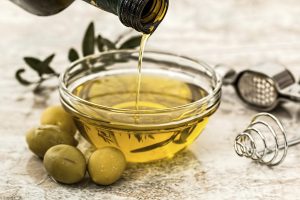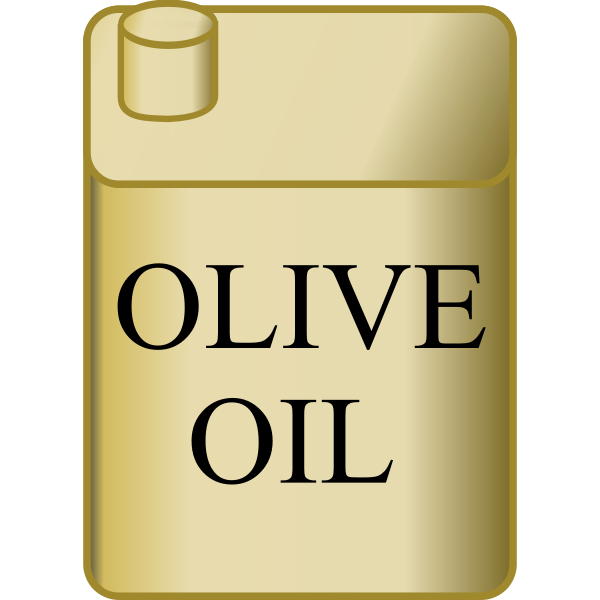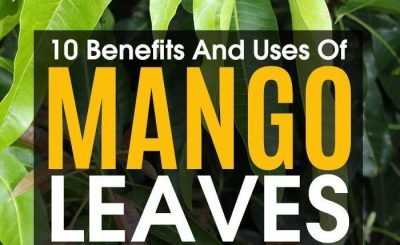Visits: 5
Artificial Intelligence (AI) Opens Olive Oil’s Likely In Alzheimer’s Fight

Rundown: Scientists have used AI to uncover the promising capability of additional virgin olive oil (EVOO) in battling Alzheimer’s disease (AD).
By coordinating Artificial intelligence (AI), science, and omics research, the review distinguished explicit bioactive mixtures in EVOO that could add to the treatment and anticipation of AD. Ten phytochemicals inside EVOO, for example, quercetin, genistein, luteolin, and kaempferol, were found to display expected influences on AD protein organizations.
The review adds to the developing proof for the neuroprotective impacts of a Mediterranean eating routine, wealthy in EVOO, in relieving dementia and mental degradation.
Key Realities:
The review used computerized reasoning to break down the connection between bioactive mixtures in additional virgin olive oil and Alzheimer’s sickness pathways.
Ten explicit phytochemicals, including quercetin, genistein, luteolin, and kaempferol, were recognized as having the most noteworthy probability of influencing AD protein organizations.
The examination upholds the neuroprotective impacts of a Mediterranean eating routine, wealthy in EVOO, which has been related with a diminished gamble of dementia and mental degradation.
Source: Temple University
A new report has utilized man-made brainpower (AI) to uncover the momentous capability of additional virgin olive oil (EVOO) in the battle against Alzheimer’s disease (AD).
Specialists consolidated computer based intelligence innovation, science, and omics exploration to recognize explicit bioactive mixtures in EVOO that show promising impacts in treating and forestalling AD.
The article named “Alzheimer’s disease: utilizing quality/protein network AI for particle revelation in olive oil” shows up in Human Genomics.
AD forces a critical weight on people and society, yet EVOO’s neuroprotective impacts certainly stand out enough to be noticed. The Mediterranean eating regimen, wealthy in EVOO, has been related with a diminished gamble of dementia and mental degradation.
Saddling the force of simulated intelligence, specialists intended to reveal the privileged insights behind EVOO’s restorative potential for AD.
The review used network AI and chart brain organizations to break down how bioactive mixtures in EVOO associate with the perplexing pathways engaged with AD.
The discoveries distinguished ten EVOO phytochemicals with the most noteworthy probability of influencing AD protein organizations. Compounds like quercetin, genistein, luteolin, and kaempferol showed promising consequences for AD pathogenesis.
Abstract
Alzheimer‘s disease: utilizing quality/protein network AI for atom disclosure in olive oil
Alzheimer’s disease (AD) represents a significant human, social, and financial weight. Past examinations propose that additional virgin olive oil (EVOO) might be useful in forestalling mental degradation.
Here, we present an organization AI strategy for recognizing bioactive phytochemicals in EVOO with the most elevated potential to affect the protein network connected to the turn of events and movement of the AD.
A reasonable characterization precision of 70.3 ± 2.6% was accomplished in fivefold cross-approval settings for anticipating late-stage exploratory medications focusing on AD from other clinically endorsed drugs.
The aligned AI calculation was then used to anticipate the probability of existing medications and known EVOO phytochemicals to be comparable in real life to the medications affecting AD protein organizations.
These examinations recognized the accompanying ten EVOO phytochemicals with the most elevated probability of being dynamic against AD: quercetin, genistein, luteolin, palmitoleate, stearic corrosive, apigenin, epicatechin, kaempferol, squalene, and daidzein (in the request from the most noteworthy to the least probability).
This in silico concentrate on presents a structure that unites computerized reasoning, scientific science, and omics studies to distinguish novel remedial specialists.
It gives new bits of knowledge into how EVOO constituents might help treat or forestall AD and possibly give a premise to thought in future clinical examinations.
By kingkentus








You must be logged in to post a comment.